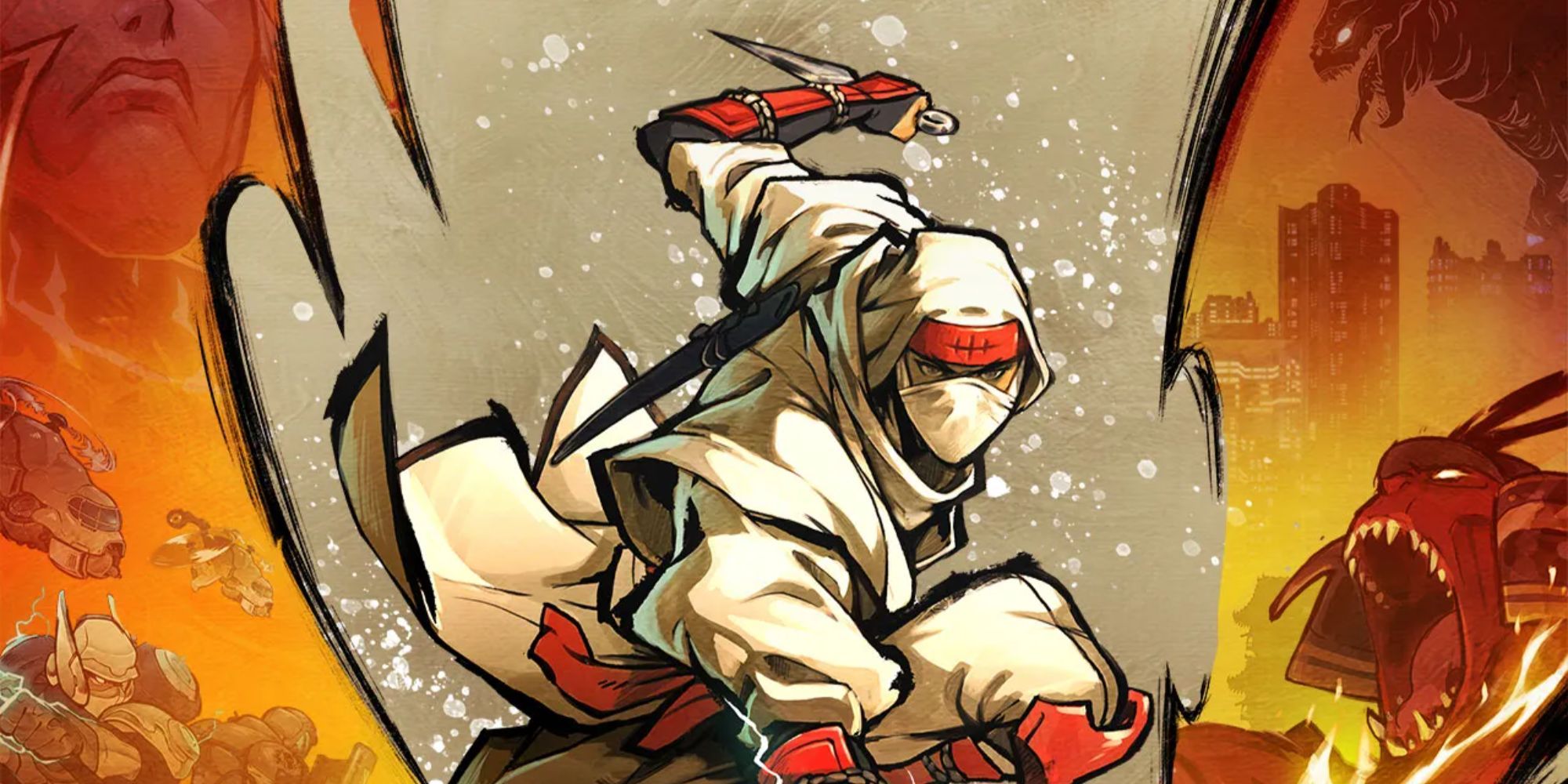0 Comentários
0 Compartilhamentos
125 Visualizações

Diretório
Elevate your Sngine platform to new levels with plugins from YubNub Digital Media!
-
Faça o login para curtir, compartilhar e comentar!
-
 YUBNUB.NEWSMSNBC Is Rebranding, and It's Hilariously AwfulCompanies, political movements, and organizations often refresh their brands to help stay fresh and relevant. Other times, they do it out of necessity, a desperate attempt to shed baggage. Some companies0 Comentários 0 Compartilhamentos 121 Visualizações
YUBNUB.NEWSMSNBC Is Rebranding, and It's Hilariously AwfulCompanies, political movements, and organizations often refresh their brands to help stay fresh and relevant. Other times, they do it out of necessity, a desperate attempt to shed baggage. Some companies0 Comentários 0 Compartilhamentos 121 Visualizações -
 YUBNUB.NEWSMichigan Councilman Under Investigation After Video Shows Bundles of Absentee Ballots Being Dropped Off Before Primary ElectionA Michigan city councilman is at the center of an election scandal after a video surfaced allegedly showing him transferring bundles of absentee ballots just days before voters went to the polls.The footage,0 Comentários 0 Compartilhamentos 123 Visualizações
YUBNUB.NEWSMichigan Councilman Under Investigation After Video Shows Bundles of Absentee Ballots Being Dropped Off Before Primary ElectionA Michigan city councilman is at the center of an election scandal after a video surfaced allegedly showing him transferring bundles of absentee ballots just days before voters went to the polls.The footage,0 Comentários 0 Compartilhamentos 123 Visualizações -
 YUBNUB.NEWSHow did we get to the current state of the media?[View Article at Source]Byrne Unscripted with Martha Byrne The world began to change, and the media played a major role without us being aware that it was happening right under our noses. Politics0 Comentários 0 Compartilhamentos 120 Visualizações
YUBNUB.NEWSHow did we get to the current state of the media?[View Article at Source]Byrne Unscripted with Martha Byrne The world began to change, and the media played a major role without us being aware that it was happening right under our noses. Politics0 Comentários 0 Compartilhamentos 120 Visualizações -
 WWW.DUALSHOCKERS.COMShinobi Fights A Sonic Villain In Sega Villains DLCThe legendary Shinobi is about to take on one of his most mid foes to date, as a villain from the Sonic: The Hedgehog series is coming to Shinobi: Art of Vengeance as part of an upcoming DLC.0 Comentários 0 Compartilhamentos 123 Visualizações
WWW.DUALSHOCKERS.COMShinobi Fights A Sonic Villain In Sega Villains DLCThe legendary Shinobi is about to take on one of his most mid foes to date, as a villain from the Sonic: The Hedgehog series is coming to Shinobi: Art of Vengeance as part of an upcoming DLC.0 Comentários 0 Compartilhamentos 123 Visualizações -
 WWW.DUALSHOCKERS.COM10 Minor Issues That Ruin Near-Perfect PS2 GamesThe PS2 was an amazing time in gaming as we took a leap in graphics and gameplay in several huge ways. It was also the imperfect era of gaming, because while there were plenty of amazing games, there were still so many things holding them back from perfection.0 Comentários 0 Compartilhamentos 119 Visualizações
WWW.DUALSHOCKERS.COM10 Minor Issues That Ruin Near-Perfect PS2 GamesThe PS2 was an amazing time in gaming as we took a leap in graphics and gameplay in several huge ways. It was also the imperfect era of gaming, because while there were plenty of amazing games, there were still so many things holding them back from perfection.0 Comentários 0 Compartilhamentos 119 Visualizações -
 WWW.PCGAMESN.COMHuge new Palia update may once again test Stardew Valley fans' loyaltyThere's no shortage of life sims for fans of the genre to check out. Classics like Stardew Valley, The Sims 4, and Coral Island offer plenty to do, even for players who have spent hundreds of hours with them already. The more recent Palia has also garnered plenty of attention for its blend of fantasy aesthetics and Stardew -style farming and crafting. Now, it's expanding even further, with today's launch of the new Botanical Bliss update. Continue reading Huge new Palia update may once again test Stardew Valley fans' loyaltyMORE FROM PCGAMESN: Palia fishing locations, Best Palia mods, Best MMORPGs0 Comentários 0 Compartilhamentos 118 Visualizações
WWW.PCGAMESN.COMHuge new Palia update may once again test Stardew Valley fans' loyaltyThere's no shortage of life sims for fans of the genre to check out. Classics like Stardew Valley, The Sims 4, and Coral Island offer plenty to do, even for players who have spent hundreds of hours with them already. The more recent Palia has also garnered plenty of attention for its blend of fantasy aesthetics and Stardew -style farming and crafting. Now, it's expanding even further, with today's launch of the new Botanical Bliss update. Continue reading Huge new Palia update may once again test Stardew Valley fans' loyaltyMORE FROM PCGAMESN: Palia fishing locations, Best Palia mods, Best MMORPGs0 Comentários 0 Compartilhamentos 118 Visualizações -
WWW.THEKITCHN.COM43 Salads You'll Actually Want to Eat for LunchNo more sad desk lunches!READ MORE...0 Comentários 0 Compartilhamentos 119 Visualizações
-
Huge new Palia update may once again test Stardew Valley fans' loyaltyHuge new Palia update may once again test Stardew Valley fans' loyalty As an Amazon Associate, we earn from qualifying purchases and other affiliate schemes. Learn more. There's no shortage of life sims for fans of the genre to check out. Classics like Stardew Valley, The Sims 4, and Coral Island offer plenty to do, even...0 Comentários 0 Compartilhamentos 1KB Visualizações
-
Roblox could face tidal wave of lawsuits over alleged child safety failuresRoblox facing wave of lawsuits following child safety accusations A coalition of parents and lawyers is preparing an onslaught of lawsuits against child gaming platform Roblox, following the filing of a federal case accusing the site of failing to protect children from sexual exploitation — it's not the first time the company has faced such a...0 Comentários 0 Compartilhamentos 1KB Visualizações




